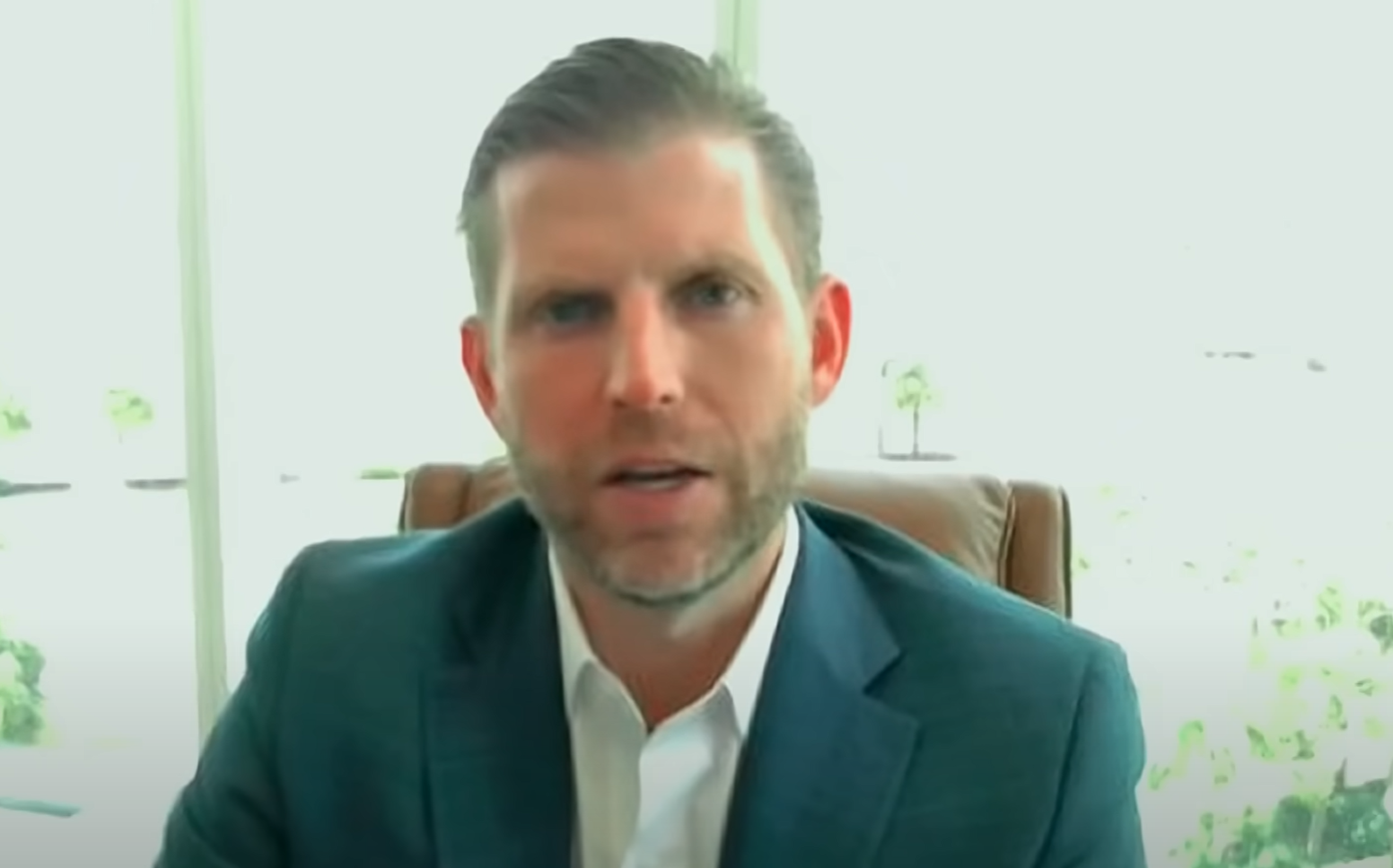With nearly every country working on crypto regulation, a Bank of International Settlement (BIS) study tries to show how it should be. European Union is way ahead with its Market in Crypto Assets (MiCA) regulations slated to be fully effective from December 30, 2024, while the United States is taking enforcement by force approach. This scenario begs the question of how to regulate crypto best.
Crypto Regulation: How it Should be Addressed?
Since its inception, crypto challenged the traditional financial system and emerged as a strong alternative. But hacks, major collapses, exploits, and the like in recent history created the need to regulate crypto. Every primary jurisdiction is trying to regulate digital assets with intentions to safeguard customers and allow the technology to evolve, a tricky balance to strike.
As promised, crypto failed to reduce financial risks, and significant events like FTX-saga, Terra Ecosystem Collapse, and others caused severe damage to crypto’s image for retail investors. Developing countries banned crypto entities from having access to their banking infrastructure.
China banned crypto outright; others also banned digital assets to a certain extent. But will banning crypto be beneficial in the long run? The volatility of fiat prices and lack of access to banks places crypto as an alternative for emerging economies worldwide. Chainalysis data suggests that out of 10 crypto-using countries, only 2 are developed.
How does Crypto Affect a Country’s Economy?
Crypto provides an illusionary cushion or padding from the impact of inflation; a country whose currency is dropping rapidly could have people moving to stablecoins backed by USD or similar. But this massive flow of capital away from the traditional crypto economy inadvertently worsens the country’s financial instability.
The study shows that even if crypto assets provided the citizens of countries with weathered economies with an alternative, they have badly affected the economic growth due to capital inflow. There is also speculation that if these countries adopt crypto, things could be better, but the results would be out in a few years as El Salvador adopted BTC as a legal tender in 2021.
What Would be Better: An Outright Ban or Comprehensive Regulation?
Crypto is a technology that has the potential to revolutionize finance. When the digital camera arrived, it was the digitization of photos and images; the same happened with iTunes and Zune Music. A similar scenario is with crypto experts who believe it is an evolution and digitization of finance.
An outright ban might save investors from indulging in dangerous assets for the time being but it might not be the right solution in the long run. Innovative technology could answer many underlying issues of traditional finance—for instance, the ability to send and receive money worldwide quickly and without any intermediary.
Smart contracts can revolutionize the settlements of grievances in the best way possible. If experts believe crypto is the future, then adopting it or at least getting ready to adopt it is a logical next step. The major problem to address here is developing a regulatory framework that would benefit the innovation but safeguard consumers from the underlying issues.
In May 2023, the International Organization for Securities Commission (IOSCO) released 18 new measures for global crypto regulation. These measures could act as a blueprint for nations with limited resources to draft their regulations. Also, it would act like Interpol, an organization to police crypto worldwide.
Credit: Source link















































